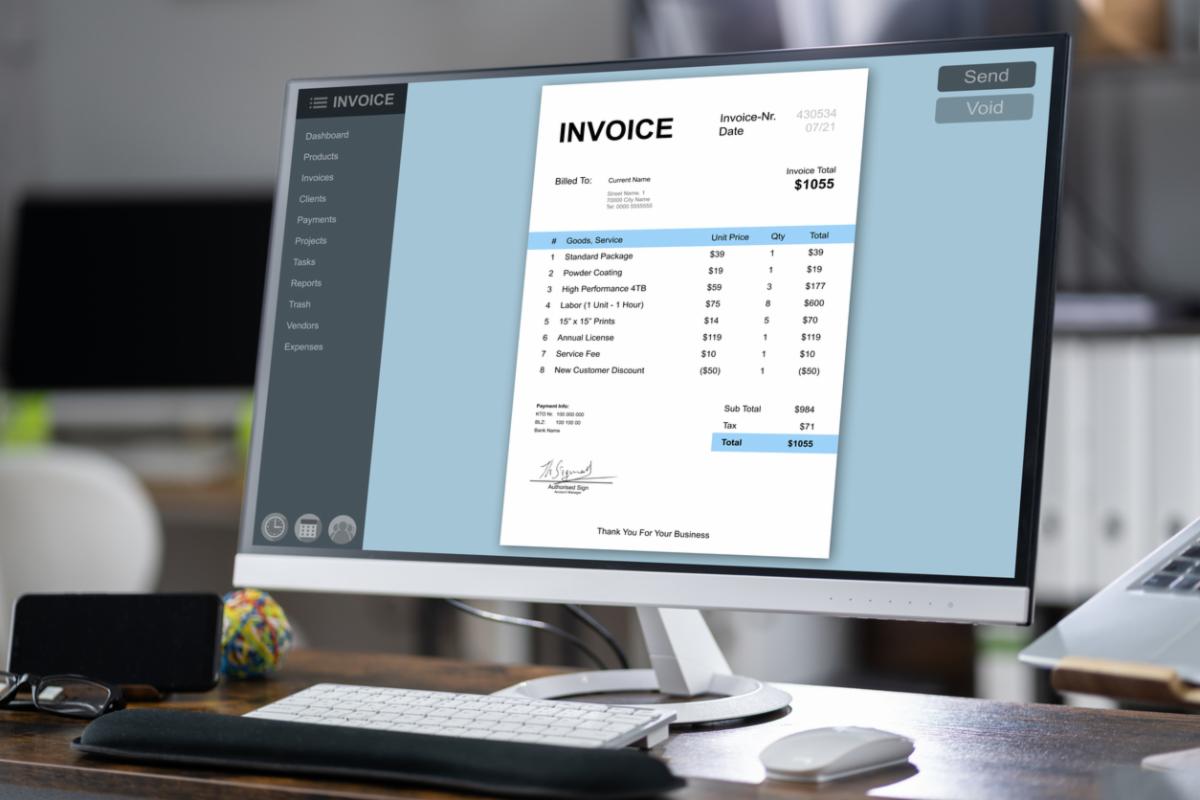-
Strengthen Your Nonprofit’s Financial Operations In 2026
Happy New Year! As we begin 2026, it is crucial for the finance department of your nonprofit organization to set and pursue clear operational goals. An uncertain economic environment is impacting nonprofits’ ability to run…
-
Does Your Nonprofit’s Finance Team Collaborate With Development?
Finance and development each play a critical role in nonprofit organizations. Their responsibilities include fundraising, maintaining relationships with existing and new donors and providing timely and accurate financial data and financial reports. These functions are…
-
Uncertain Times Demand Effective Financial Operations
Economic uncertainty is impacting nonprofits’ ability to run their programs, deliver services and successfully fulfill their missions. With higher operating costs and decreased funding, now more than ever, it is critical for nonprofits to strengthen…
-
Implementing Accounts Payable Automation: Benefits and Best Practice
Nonprofit organizations are increasingly implementing accounts payable automation. The benefits include streamlining processing, maximizing efficiency and improving transparency and access to data. However, it is important to note that these automated systems are tools that…
-
Give Your Board Confidence in Your Effective Financial Management
Although your nonprofit’s Board of Directors is not responsible for the day-to-day operations of the finance department, they are responsible for overseeing the overall financial health of the organization. The Board should have confidence that…
-
Strengthen Your Nonprofit’s Internal Controls
It is now more important than ever for your organization to have strong internal controls. Reviewing and updating your internal controls is essential to ensure they are working effectively. What Are Internal Controls and Why…
-
My Presentation to the Board Following an Operational Review
I recently completed a review of the finance department operations of a nonprofit organization. The Executive Director wanted an evaluation of the operations of the finance department and to identify key areas for improvement. At…
-
Does Your Nonprofit Have A Conflict Of Interest Policy?
A Conflict of Interest Policy that is effectively communicated and enforced ensures that decisions about the operations of a nonprofit organization and the use of its assets are made solely in terms of benefit to…
-
Finance and Technology: Implementing Automated Systems
Preparing for the implementation of automated systems is critical to ensure a successful outcome. Many nonprofit organizations are contemplating the implementation of automated systems to replace manual processes. These manual processes are time-consuming and are…
-
Do Your Nonprofit’s Operations Protect Its Cash Effectively?
With sources of revenue declining and costs increasing, it is important for nonprofits to have effective financial procedures in place to safeguard the organization’s cash. Documenting and assessing your finance operations formally can identify issues…









